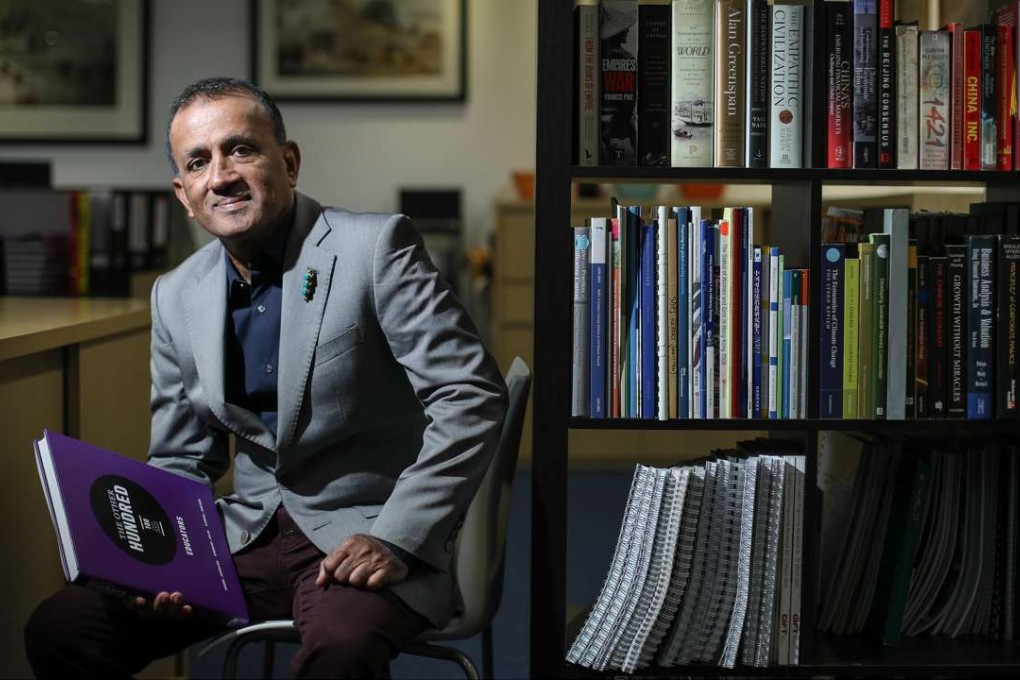Hong Kong-based chief executive has tomorrow on his mind
Chandran Nair is considering the multifarious challenges facing Hong Kong, including the future of the city’s youngsters as they face the housing crisis

Chandran Nair has always been drawn to Asia and issues of development. Born in the multicultural melting pot that is Malaysia, Nair grew up exposed to a wide mix of cultures including Hokkien, Cantonese and more.
“I could even swear in Hokkien,” Nair said. “I was eating char siu bao at three years old, and I was eating with chopsticks very young.”
Now founder and CEO of the Global Institute For Tomorrow (GIFT), an independent pan-Asian think tank based in Hong Kong providing executive education, Nair has built a decade-long career in sustainable development and dedicated his time to analysing and explaining the Asian region.
Author of the book Consumptionomics: Asia’s Role in Reshaping Capitalism and Saving the Planet, he is also the creator of a photo book project called The Other Hundred highlighting stories of people across the world and serves as a speaker at international gatherings such as the World Economic Forum in Davos and the Asia-Pacific Economic Cooperation forum.
With issues surrounding sustainable development becoming increasingly important in Hong Kong, Nair sits down with the Post to discuss his views on the city’s future path and how we can tackle the challenges coming ahead.
How did you become interested in sustainable development in Asia and how did you get to where you are now? I was born in Malaysia, which is a very multicultural society. Then I went to university in the UK, I worked in London for a few years. I’m a biochemical engineer by training. Then I went to Africa because I was interested in development, and particularly in political development in southern Africa, so I became involved in the anti-apartheid movement. I got work with an international voluntary organisation to build sanitation and water supply systems. Carrying a Malaysian passport at the time, I couldn’t go into South Africa because Malaysia didn’t recognise South Africa. But I also played in a band part-time, so I used to travel illegally into South Africa with the band when we were invited to do concerts.
That development experience, and my own childhood experience of coming from a non-wealthy background made me very much appreciate issues of poverty alleviation, inequality and sustainable development, which go beyond environmental protection. I went and did a masters degree in environmental engineering in Bangkok because I wanted to come back to Asia to be close to my parents. Then I worked for about three years in Thailand. After five years in Bangkok, I was headhunted by [consultant] Environmental Resources Management (ERM) and moved to Hong Kong.